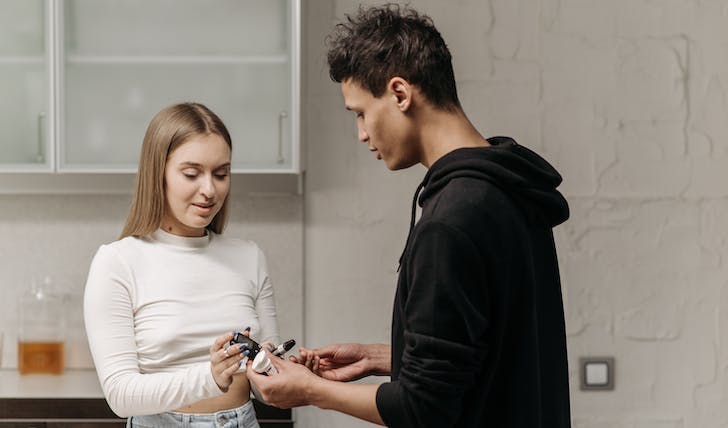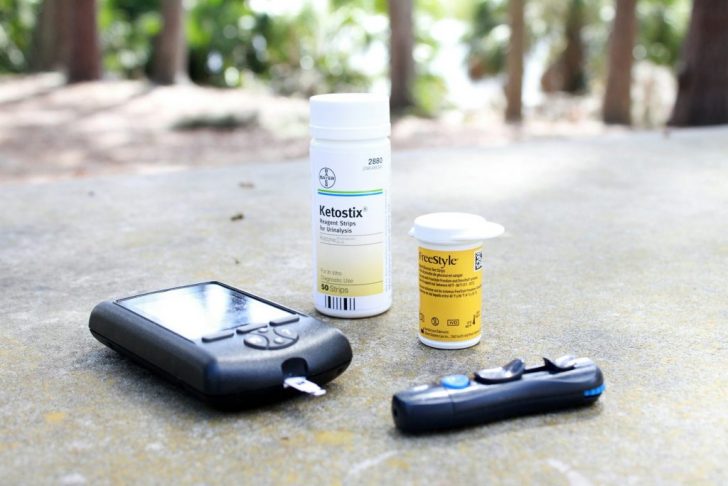In an era where healthcare innovation is more critical than ever, a Houston-based startup, rBIO, is standing out by pioneering a revolutionary approach to insulin production. This approach aims to tackle one of the most pressing healthcare challenges today: Making insulin both affordable and accessible to those who need it most.
With diabetes affecting millions worldwide, the need for such innovation has never been more urgent.

The high cost of insulin has long been a barrier to effective diabetes management, particularly in the United States, where the market is dominated by three major manufacturers: Eli Lilly, Novo Nordisk, and Sanofi. These companies, in collaboration with pharmacy benefit managers (PBMs), have set prices that have escalated over the years, making insulin unaffordable for many. This scenario has led to a healthcare crisis, where the necessity for insulin clashes with the reality of exorbitant costs.
rBIO Shows A Beacon of Hope For Diabetes Care
rBIO is a beacon of hope in this challenging landscape. The startup has harnessed cutting-edge biotechnological processes to produce biosimilar insulin, a cost-effective alternative to the insulin produced by the market’s giants. This initiative is spearheaded by rBIO’s CEO, Cameron Owen, who envisions a world where insulin is not a financial burden but a readily accessible resource for all who require it.

Thus, the company’s innovative use of custom-made bacteria to create biosimilar insulin is not just a technical achievement. It is a potential game-changer in the fight against diabetes.
The Science and Promise of Biosimilar Insulin
rBIO’s groundbreaking approach involves using specially engineered bacteria to produce insulin that is biologically similar to human insulin. This method has shown promise in laboratory tests, with rBIO successfully completing preliminary assessments of their biosimilar product. Looking ahead, the company is poised to conduct clinical trials in 2024, a crucial step that could pave the way for bringing its affordable insulin alternative to the market.

The impact of rBIO’s work extends far beyond the financial implications. By making insulin more accessible, the startup is addressing a crucial aspect of healthcare equity. The burden of diabetes is universal, transcending socioeconomic boundaries, yet access to treatment has been anything but. rBIO’s mission aims to rectify this disparity. Thus, ensuring that the ability to manage diabetes is not dictated by economic status.
Changing the Landscape of Diabetes Care
rBIO’s efforts signify a broader vision for the future of diabetes care—a future where innovations in healthcare lead to more equitable access to life-saving medications. This vision challenges the current paradigm dominated by a few pharmaceutical giants and opens the door to a new era where patient well-being is the foremost priority. As rBIO progresses toward clinical trials and, eventually, market introduction, it embodies the potential for a seismic shift in how diabetes is managed globally.
Thus, the journey of rBIO is a testament to the importance of innovation in healthcare. But it also highlights the need for community and policy support. As the startup moves forward, backing from the wider community will be vital. This support can help ensure that the innovations brought forth by companies like rBIO can reach their full potential and make a lasting impact.



